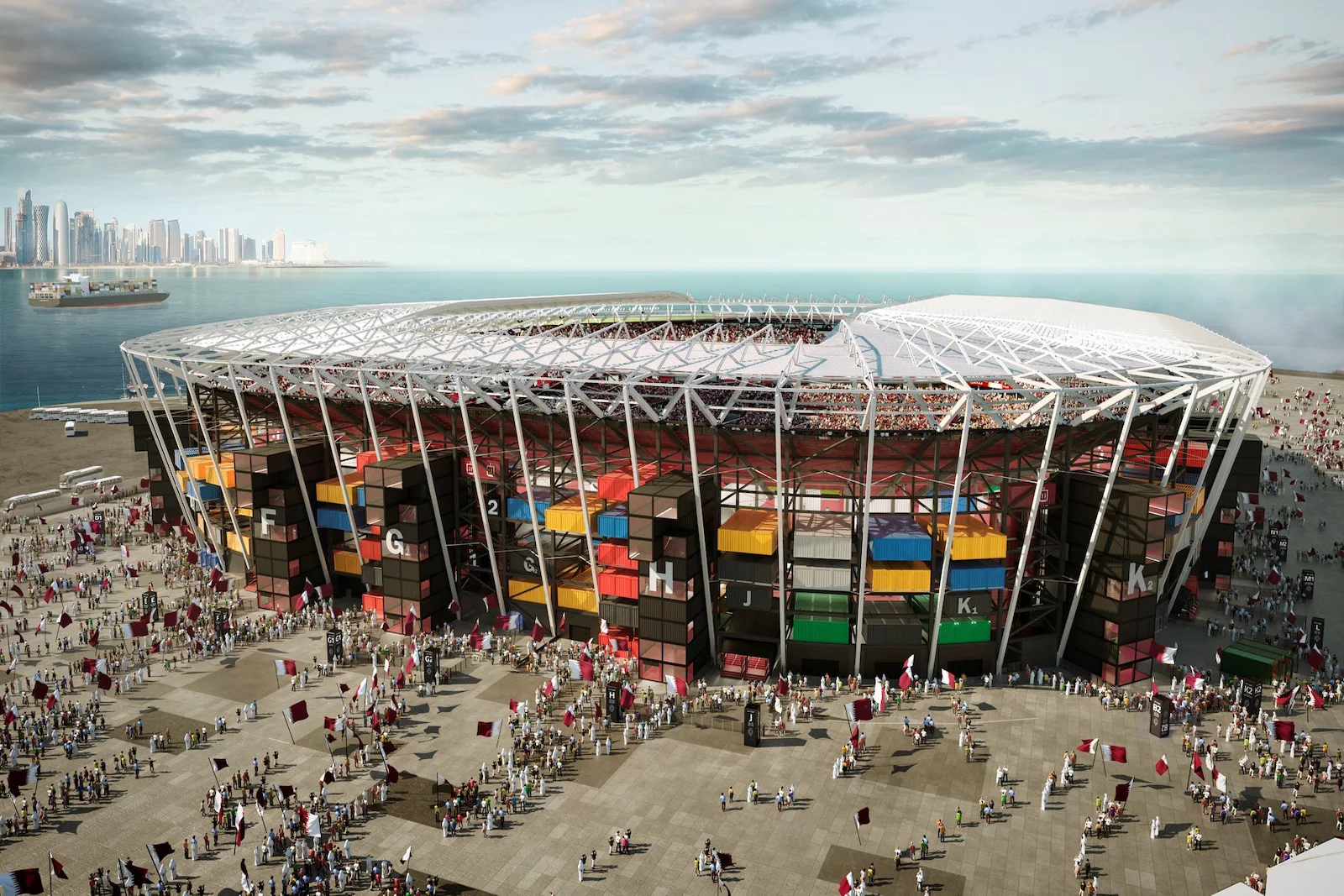
Qatar Deserves Fair and Balanced News Coverage
Qatar will host the World Cup from November 20 to December 18. From the moment this small Gulf state of 3 million (of which only 15% are Qatari nationals) won its bid in 2010 for the world’s most widely viewed sporting event, it has come in for withering criticism, from everything to bribing its way to victory to abusing guest laborers to persecuting members of the LGBTQ community.
Tamim bin Hamad Al Thani, Qatar’s ruler, gave voice to his country’s frustration when he recently said that Qatar “has been subjected to an unprecedented campaign that no host country has ever faced.” He makes a valid point. Some of the criticisms leveled against Qatar are valid, but a great many others are way out of proportion to the transgressions cited.
Take for example a 2021 headline in The Guardian that read: “Revealed: 6,500 migrant workers have died in Qatar since World Cup awarded”. The figure refers to all deaths of migrant workers regardless of cause, yet the clear implication is that they were connected to the World Cup. In fact, according to the International Labour Organization, the casualty figures from World Cup-related activities stand at 50 killed and 500 injured, which is relatively small considering that six stadiums were built from scratch. Furthermore, the casualty rates in Qatar are in line with wider demographics globally.
In today’s hyper-connected, headline-obsessed information ecosystem, however, The Guardian piece acquired a truth of its own. It became the most retweeted article about the Qatar World Cup in English. Denmark’s players will be wearing black jerseys to protest “a tournament that has cost thousands of people their lives,” a claim that is utterly without merit. Also wildly exaggerated are charges of worker abuse and labor conditions in Qatar.
Nasser Al Khater, Qatar’s official in charge of the World Cup, credibly argues that over the past ten years, no country has done more to improve labor standards. It embedded ILO officials into its government institutions. It legislated a guaranteed minimum wage, established health and safety regulations for workers, abolished the labor sponsorship system, and introduced a law allowing foreign worker mobility between employers. In the words of one ILO expert, “Qatar has moved from having the most restrictive migrant labor regime in the region to the least restrictive one.”
While labor abuse undoubtedly continues to exist, as it does everywhere, laying responsibility on the government of Qatar for these abuses misplaces the blame. Its inspection and enforcement bodies are working overtime to document and sanction the foreign contractors who are violating the law, many of which come from the very same countries that so sanctimoniously decry the abuse.
Coverage of the LGBTQ issue is similarly slanted. Openly gay expatriates have been living and working in Qatar for years, without hassle or persecution. Public flaunting of sexuality — gay or straight — is not a social norm in any of the conservative societies of the Gulf, and Qatar is no exception. Nevertheless, Qatari officials have made it clear that “any fan, of any gender, sexual orientation, religion, race…they’ll all be welcome.” Contrast this level of tolerance with the record of Russia, which hosted the 2018 World Cup. Crimes against LGBT people in Russia had doubled in the five years preceding the tournament, and gay fans were told that they would be “hunted down and stabbed.”
Despite this difference in approach, negative press coverage of Qatar in the lead-up to the World Cup is considerably disproportionate when compared to Russia. In the twelve years between Qatar’s winning of its hosting rights in 2010 and the tournament itself in 2022, forty percent of Qatar-related headlines in the UK press concerned the World Cup. Of that forty percent, two out of every three articles were critical, and most were on human rights. By contrast, only three percent of articles about Russia in the period between Russia’s winning of its hosting rights and the World Cup in 2018 focused on the tournament.
The evidence suggests that Qatar is being held to unrealistic standards and no level of responsiveness will satisfy its critics. Countries such as Qatar that aspire to raise their profile and elevate themselves in the family of nations certainly merit scrutiny. But in the case of World Cup 2022, too much of the coverage suffers from confirmation bias. The assumption seems to be that the Middle East is a less civilized place, thereby inducing critics to give more weight to data that confirms their beliefs and to undervalue evidence that could disprove it.
Qatar and the region deserve better. They have pulled off an accomplishment of historic proportions more quickly and proficiently than many thought possible. Despite the hyperbolic criticism leveled against them, their stewardship of the 2022 World Cup will demonstrate that Qatar rightly deserves a place of respect and admiration on the world stage.
